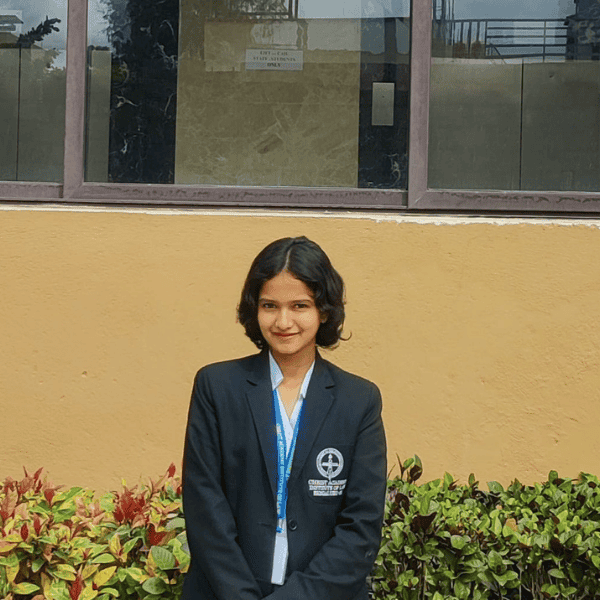Ramesh Goel receives grant to study ‘forever chemicals’ in crops
One of ten grants given out across the country, Ramesh Goel's project will try to find ways to reduce the amount of PFAS that ends up in food production.
.jpg) Ramesh Goel, professor of civil and environmental engineering. / Image - Dan Hixson/ College of engineering
Ramesh Goel, professor of civil and environmental engineering. / Image - Dan Hixson/ College of engineering
University of Utah professor Ramesh Goel has received a $1.6 million grant from the U.S. Environmental Protection Agency (EPA) to study the impact of per- and polyfluoroalkyl substances (PFAS) on agricultural crops.
Known as “forever chemicals,” PFAS are synthetic compounds found in products like non-stick cookware and firefighting foams. Their resistance to degradation and ability to accumulate in living organisms pose risks to human health and the environment.
Goel, a professor of civil and environmental engineering, is leading a multidisciplinary project to track PFAS from wastewater biosolids—nutrient-rich organic material used as fertilizer—into crops.
In agricultural settings, PFAS contamination is a problem because current treatment methods at wastewater treatment plants do not effectively remove or fully degrade PFAS, which means they end up in biosolids. This project is one of ten grants given out nationwide with the goal of developing strategies to address this issue.
In 2019, the U.S. generated approximately 4.5 million dry tons of biosolids, with more than 2.4 million tons applied to agricultural land. An estimated 2,749 to 3,450 kilograms of PFAS are present in these biosolids.
The research will involve sampling wastewater treatment plants, conducting field experiments to study PFAS uptake in crops, and testing mitigation strategies, such as modified biochar. Collaborating with researchers, industrial partners, and agricultural stakeholders, the project will assess PFAS bioaccumulation and its implications for the food supply and farming communities.
A community engagement plan will share findings with utilities, agricultural agents, and the public to ensure broad impact.
ADVERTISEMENT
ADVERTISEMENT
E Paper
Video

 Bhavana P
Bhavana P (1).jpg)


.jpg)

.jpg)
.jpg)
.jpg)
.jpg)
.jpg)


Comments
Start the conversation
Become a member of New India Abroad to start commenting.
Sign Up Now
Already have an account? Login